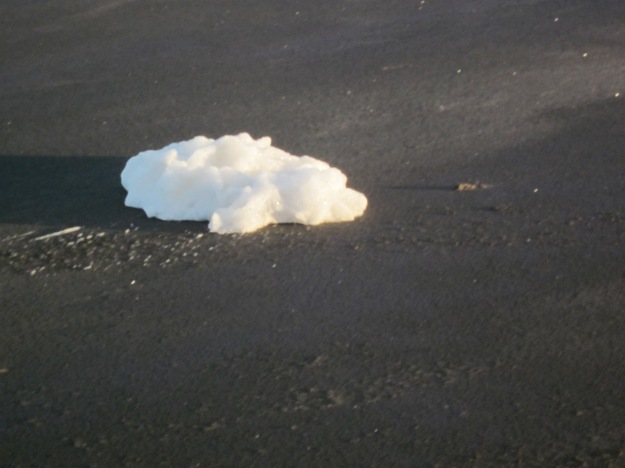I set you a challenge to write a poem version of a story or a picture book after the Kate De Goldi interview.
Sophie from St Kentigerns’ Girls School has turned Jack and the Beanstalk into a poem and changed it a bit. Sophie has become Jack. She has some great lines (slither, scrape and clamber) and a good rhythm. I like her repeating verse that keeps changing just a bit. She also has some deliciously echoing words on the end of lines (own and bronze). I also like the ending (I like temptation echoing with bean!) .
If you have a go at this challenge you could put even more of your own life and place in the poem, but I really enjoyed reading Sophie’s version. I like being more in the head of Jack than I am in the usual story. Fabulous job Sophie. I will pop a book in the post for you this week.
Jack and the Beanstalk
I made the worst decision
And traded all I had
For the beggar’s magic beans
It made my mother mad!
She threw them out the window
Little did we know
They were really magic
And upward they did grow
I hate myself for this
Oh why did I come
How could I do this
Oh what have I done
I woke up very early
And went outside to see
If I could find those three beans
To feed my mother and me
When I saw the beanstalk
I nearly did pass out
It stretched into the heavens
I had the urge to shout
I hate myself for this
Oh why did I come
How could I do this
Oh what have I done
I wanted so to climb it
My feet did all the work
Even though I was so scared
For dangers there did lurk
Slither scrape and clamber
Sweat trickles down my face
The sight was not that pretty
This was such a sinister place
I hate myself for this
Oh why did I come
How could I do this
Oh what have I done
I looked at my surroundings
The strangest thing of all
Was the size of the owner’s mansion
It was so very tall
The beanstalk seemed inviting
But my legs carried on
My hand moved on its own
To knock at the door of bronze
I hate myself for this
Oh why did I come
How could I do this
Oh what have I done
My knock rung out so loudly
The door swung open wide
I swallowed my fears quite quickly
And boldly stepped inside
I think I choked on my fears
I suddenly feel ill
I so want to go back down
I’m moving against my will
I hate myself for this
Oh why did I come
How could I do this
Oh what have I done
There were piles of rubies and sapphires
The halls were filled with gold
But it didn’t seem that inviting
I’m no longer feeling bold
I suddenly heard some stomping
And turned to hear him say
“Fee Fie Fiddley Fum”
The giant was coming my way
I hate myself for this
Oh why did I come
How could I do this
Oh what have I done
I threw a gem at the giant
It hit him between the eyes
He looked like he would pass out
He jumped back in surprise
As soon as the giant was snoozing
I grabbed a bag of gold
And tried to move without jingling
Harder done than told
I love myself for this
This is why I’ve come
How I could do this
This is what I’ve done
When I finally made it outside
I breathed a sigh of relief
But I still had to climb down the beanstalk
This was not going to be all that brief
Slither scrape and clamber
Most of the way back down
But though I was hidden from sight
I could easily see the ground
I love myself for this
This is why I’ve come
How I could do this
This is what I’ve done
I spied upon my village
And this is what I saw
My mother looking distressed
And reading through the laws
My mother was rapidly arguing
With two policemen at her side
But the unhappy party all looked up
When they heard me slide
I love myself for this
This is why I’ve come
How I could do this
This is what I’ve done
Slithering twisting and slipping
All the way to the ground
My mother was so happy
That I had been found
But jocund though she had been
When she first caught sight
Of me coming down the beanstalk
I gave her an awful fright
I hate myself for this
Oh why did I come
How could I do this
Oh what have I done
So I found myself grounded
Even though I brought home gold
It didn’t solve all our problems
Or so I have been told
Here is the end of our story
Not as heroic as it may seem
Remember to resist temptation
It can disguise itself – as a bean














